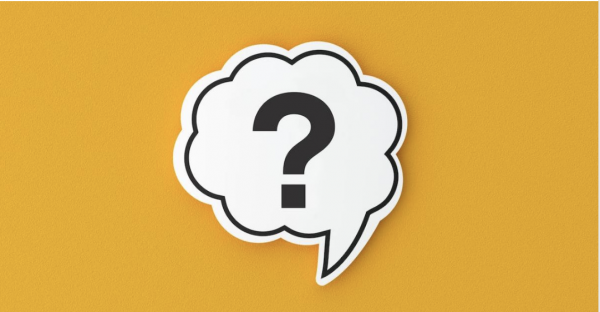Article by Hugh Pope: “If we are trying to fix our “broken politics”, is the solution really just another set of politicians? If the electoral system is at fault, might the process of government work better if it were run by a group of randomly selected citizens?
Liesa Scholzen is a politician whose constituents are the 70,000 German speakers on Belgium’s eastern border. People with an interest in new political systems are paying close attention to Scholzen’s hilltop parliament in Eupen, Ostbelgien. That’s because in 2021, as part of its Citizens’ Dialogue initiative, Ostbelgien inaugurated the world’s first official, permanent legislative body chosen not by votes, but by lottery.
Scholzen’s visitors come from round the world to learn about this new process of sortition, but Scholzen herself mostly looked bemused by their enthusiasm. “I’m just a part-time politician. And I’m a citizen too!” she reminded her audience of around 50, who had come to hear her talk about the strange new politics.
Ostbelgien’s new system takes some getting used to. It’s named “The Citizens’ Dialogue” and is led by a standing council of citizens, drawn by lot. The 24-member council serves for 18 months, and they choose the topics which are then debated by separate Citizens’ Assemblies. These assemblies have 25-50 members, also chosen by lot, who make their recommendations following two to three days of deliberation. Members meet in the evening or at weekends, and receive expenses plus €50 to €95 (£44-£84) per session. All participants are chosen from the German-speaking community.
So has it caught on? Ostbelgien’s Citizens’ Dialogue may be “well known internationally, but here some people don’t know it exists,” Scholzen explained to her visitors. “They haven’t had a real impact… When the first Citizens’ Assembly report came in, we told them: ‘You just can’t do it that way. It won’t work.’ So we just changed [some parts of] it… The Citizens’ Dialogue is still in its kinderschuhen, its ‘children’s shoes’.”
Indeed, it is only in the past decade that the worldwide movement for democracy by sortition began gaining momentum. Most of the 50 enthusiasts who gathered for an “autumn school” in Eupen, including myself, believe that it has the potential to break the logjam in governance caused by dysfunctional electoral systems. But progress has been slow…(More)”.


